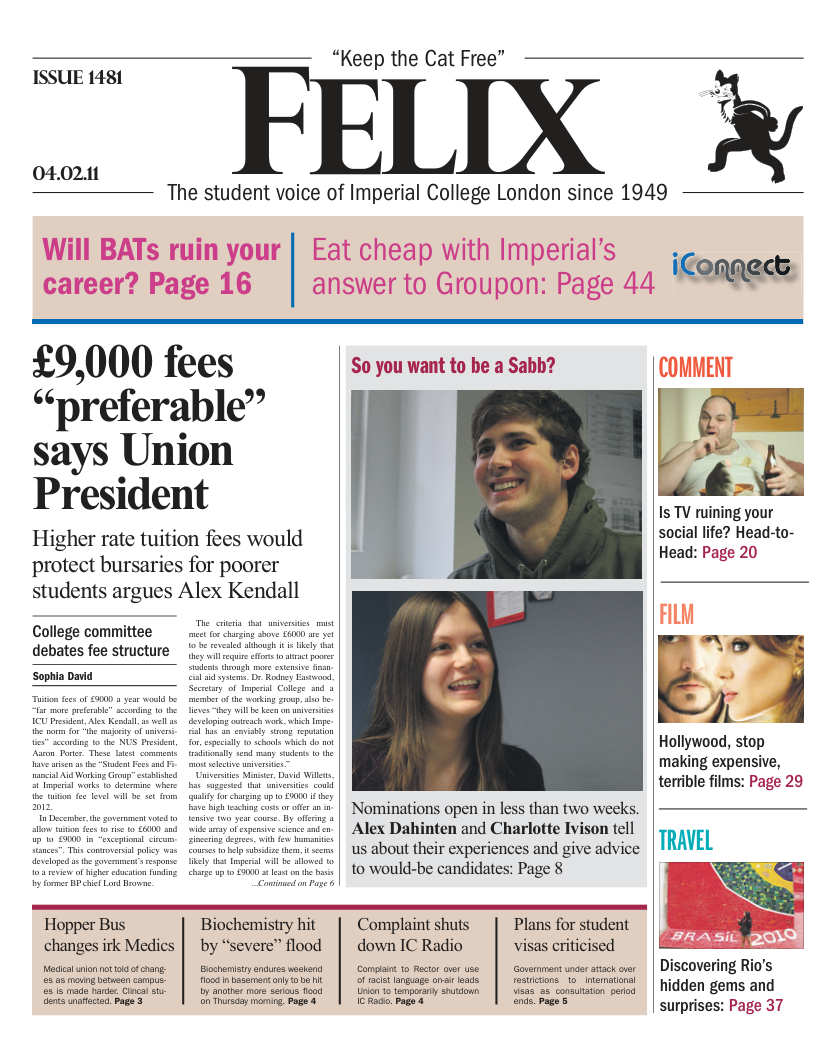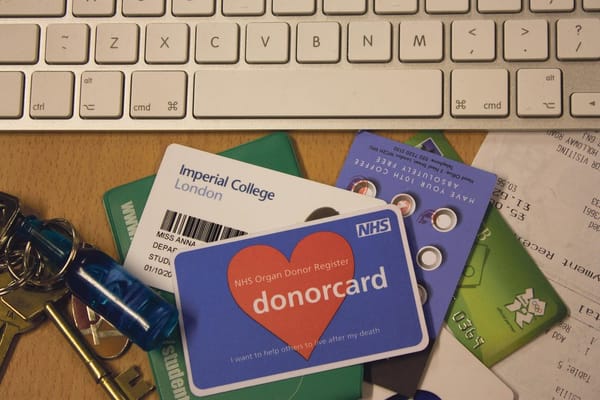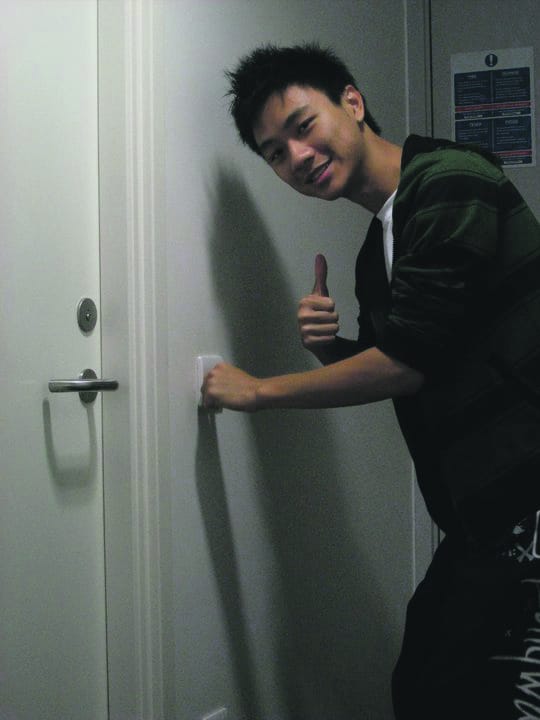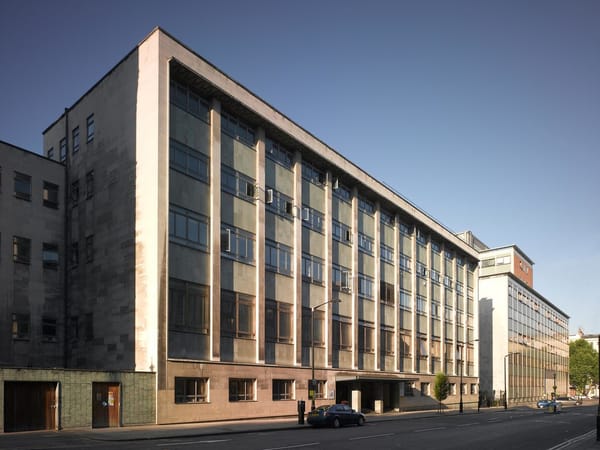Student protests pass peacefully
Violence of previous protests avoided
Thousands of student protestors marched on to the streets of London and Manchester once again this past weekend, to demonstrate their anger and disapproval of the government's plans to impose higher tuition fees and introduce public spending cuts.
The government has refused to change course on tuition fee increases, despite the rising number of protests across the country, and continues to argue that increasing tuition fees is absolutely critical to secure the future of the universities. Students, however, are well aware of the enormous challenge that they face and were full of optimism during the protest as Aisha, a foreign exchange student from Camden was quoted to have said, "This is only the beginning. I've been to all demonstrations so far and am well aware of the mountain climb that lies ahead. It is going to be a long fight against this government."
Accompanied by heavy police, the protest in London remained relatively peaceful in comparison with recent tuition fee marches. However, an aggressive attempt was made to force through police lines and reach the Tory party head quarters in Millbank, which resulted in six people being detained. Emotions were at its climax in the three hour long march through central London to the Parliament, as protestors used drums to amplify the noise and shouted in unison, slogans which included: "No ifs, no buts, No education cuts!"
Considering the recent political events in Tunisia and Egypt, an interesting analogy was drawn by a protestor when he drew up a placard bearing the words: "Ben Ali, Mubarak... Cameron, you are next."
The march in Manchester turned more violent as a mob consisting of 150 protestors broke away from the crowd and surrounded Aaron Porter, the President of the National Union of Students, who then had to be escorted away by the police. Personal attacks which involved throwing eggs and oranges were also made on Shane Chowen, the Vice president of NUS, when he tried to address and calm down the crowd.
Assistant Chief Constable Neil Wain of Greater Manchester Police gave the following official statement to the BBC, when questioned about the disturbances in the Manchester rally: "In total, we made 16 arrests and have had reports that two officers suffered minor injuries. We also have intelligence to suggest a number were armed with chef's knives and one of those arrested was found with a number of razor blades."
It is pretty evident that the situation continues to be really sensitive, and with social networking sites becoming increasingly effective with regards to publicity, including developments such as a mobile phone application which allows the user to avoid police-blocked routes, the protests can only be expected to increase and become more compelling in nature.








